Dangers of Encroachments in Pakistan: Why we need to act now
Whenever you walk through a busy street in Pakistan, you see roads, pavements, and even parks slowly being taken over by unauthorized structures. Encroachments are more than just an inconvenience. They pose serious risks to safety, public spaces, and the environment. While it might be a quick fix for some, the dangers of encroachment can have long-term, negative consequences.
Let’s explore why this issue deserves our attention and why we need to act now.
- Safety Hazards
The most immediate and concerning risk posed by encroachments is the threat to safety. Illegal constructions, often lacking proper planning and building materials, can collapse without warning. This puts not just the encroachers at risk, but also anyone nearby.
Furthermore, encroachments frequently block emergency exits, fire lanes, and other safety routes. In the event of a fire o disaster, these blocked paths delay response times and increase the risk of injuries or worse.
- Traffic and Overcrowding
In cities like Karachi, Lahore, and Islamabad, encroachment on public roads, sidewalks, and markets has become a massive problem. Unauthorized street vendors, makeshift markets, and illegal parking all contribute to traffic congestion and chaos. Not only does this make daily commuting difficult for residents, but it also leads to higher accident rates. Overcrowded areas also limit access to essential services and businesses, hurting local economies and businesses that rely on foot traffic.
- Environmental Impact
Encroachments affect parks, green spaces, and riversides harming more than just human communities but disrupting ecosystems. In cities like Karachi, where green spaces are already scarce, illegal land occupation leads to deforestation, loss of biodiversity, and increased pollution. The long-term environmental impact can be devastating to both humans and nature.
- Damage to Infrastructure
When illegal constructions block proper drainage, sewage systems, or water flow, it causes significant damage to infrastructure. In many parts of Pakistan, encroachments block stormwater drains, leading to flooding during the monsoon season. In cities like Karachi, the situation is worsened by encroachments in vulnerable areas, increasing the risk of waterlogging, sewage overflow, and property damage. These issues strain government resources and affect the quality of life for residents.
- Legal and Economic Consequences
Encroachment is illegal and comes with heavy costs. Those involved in illegal land occupation face threat of eviction and displacement leading to homelessness and financial costs. The authorities are forced to spend resources addressing encroachments through demolition and legal actions. The economic impact of encroachments is felt by everyone, as the costs of cleanup and land restoration. These resources could be better spent on community development.
What Can We Do About It?
To protect public spaces, it’s crucial that we work together to prevent encroachments in Pakistan. Communities, local authorities, and citizens must raise awareness about the dangers of illegal land occupation and advocate for better urban planning and enforcement of laws. Reporting encroachments, supporting sustainable land use policies, and ensuring proper planning can help preserve valuable public spaces.
Encroachments are more than just a nuisance—they’re a serious threat to our safety, environment, and way of life. By addressing this issue head-on, we can help ensure that our communities stay safe, our cities remain livable, and our resources are protected for future generations.

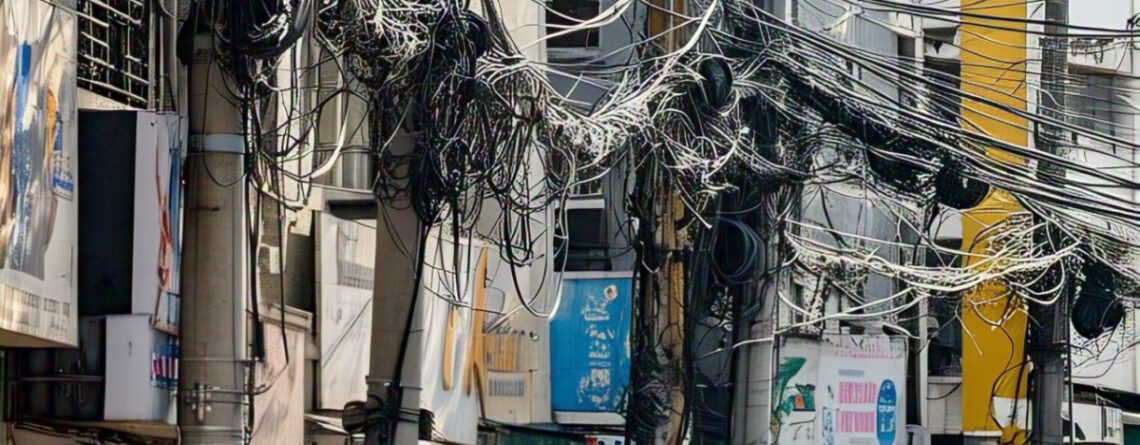

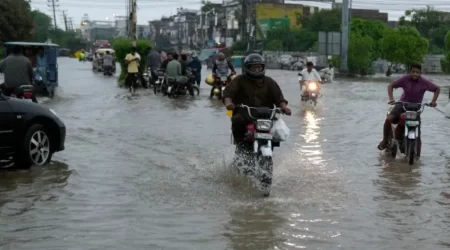
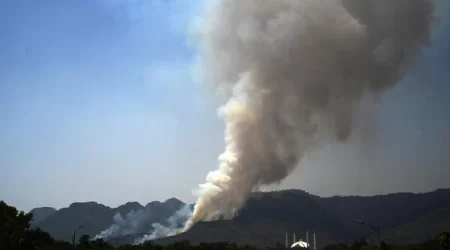




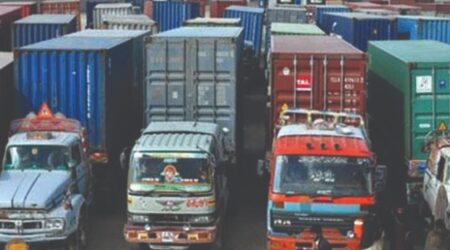
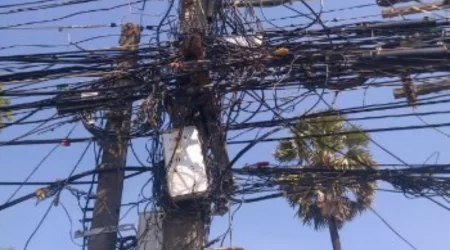
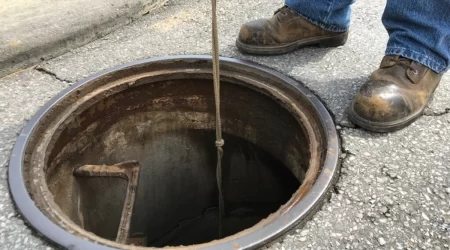
Leave a Reply